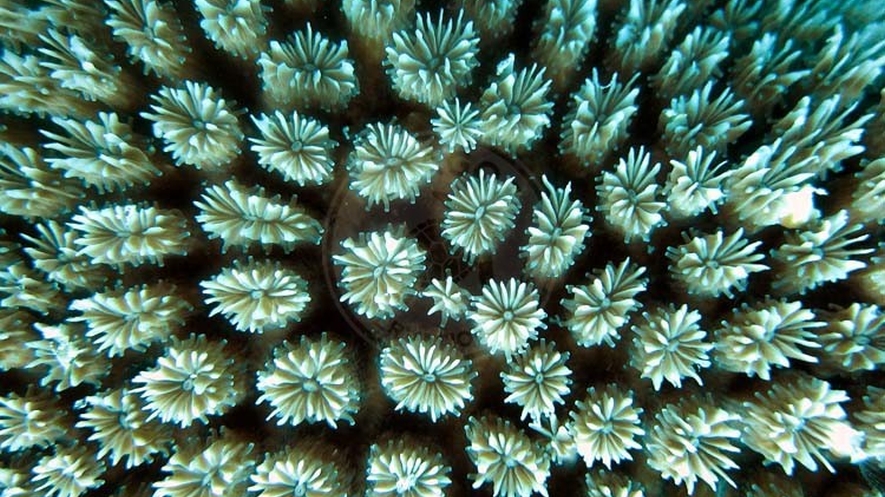The title of a new report published online 16 December 2015 in the journal Scientific Reports, makes a promising claim, “Remote coral reefs can sustain high growth potential and may match future sea-level trends.”
According to the paper, written by a team led by Chris T. Perry of the University of Exeter, the study measured the carbon budgets of 28 remote reefs across the Chagos Archipelago in the Indian Ocean. While these reefs were severely damaged during the 1998 global bleaching event, they recovered rapidly when compared with other areas. The researchers sought to understand why and to they retain the capacity to grow at rates matching sea-level rise projections through 2100.
The researchers write, “Our estimates of contemporary carbonate production and bioerosion across Chagos indicate that most reefs have responded positively to the climate-driven mortality of 1998 in terms of their carbonate budgets.”
They sate that the coral at most surveyed sites had recovered to 1996 levels by 2010 and that this “was reflected in generally high positive carbonate budgets on most reefs.”
The results contrast with observations of less remote reefs, such as those in the Caribbean. They noted that changes in the Caribbean have “resulted in shifts towards coral species that were not historically important framework builders.” In the context of this paper, that species shift is away from Acropora-dominated reefs.
What are the implications? The authors write, “the current prognosis in terms of reef growth potential around Chagos, and especially for the Acropora-dominated reefs, is positive.”
As far as the future, they add that “most Acropora-dominated reefs have the potential to closely track rising sea-levels over the coming century.”
To read the original paper, visit www.nature.com/articles/srep18289. A lot of good information on the ReefBudget methodology used by these researchers can be found at geography.exeter.ac.uk/reefbudget/.



